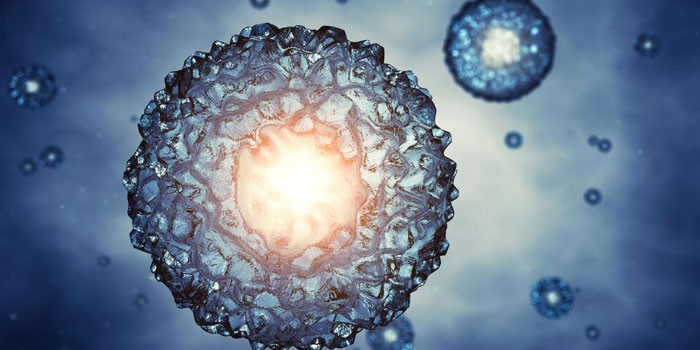New guidelines issued by the world’s largest stem cell research group call for the scrapping of the restriction that prohibits labs from growing and experimenting on embryos older than 14 days. While the suggestion holds no legal binding, the group is calling for an open discussion on expanding the age limit.
Driving the revised guidelines of the International Society for Stem Cell Research (ISSCR) is the argument from some scientists that 14 to 28 days’ gestation is a critical time period that requires study, and that extending the ability to research preborn babies at this age could lead to breakthroughs on miscarriage, infertility, and congenital defects. Such advancements, they argue, outweigh the status of the human embryo as human persons. Bioethicists point out that removing this limit would open the rhetorical floodgates, ultimately resulting in the removal of all limits. And while some other countries that allow experiments using human embryos are free to ignore it, the 14-day rule has been the guiding principle internationally.
At the time the rule was created, scientists were not able to sustain human embryos in the lab beyond 14 days. However, fourteen days post-fertilization is also an important milestone, as around this time the central nervous system starts to develop. It is also the point past which the embryo could split into twins.
Some lawmakers and pro-life leaders have pointed out that the 14-day-rule was already highly unethical. “The ISSCR has shown an utter disregard for the value and dignity of human life,” said Representative Chris Smith of New Jersey, according to CNA. “Its previous rule allowing scientists to create and experiment on human embryos up to 14 days was already unethical and morally repugnant, but the ISSCR has now removed all restraint, allowing unborn humans at any stage of development to be experimented on, manipulated, and destroyed.”
In a Newsweek op-ed, Live Action founder and president Lila Rose and two others sounded the alarm at the pending change. “If the ISSCR drops the 14-day rule, the horrendous practice of growing human babies in the lab will almost certainly proceed unchecked. All research that creates, exploits, manipulates and destroys human beings at any stage of development is inherently wrong.”
The authors pointed out that, with these restrictions lifted, some scientists want to grow human embryos as old as 40 days, when the preborn baby would have a heartbeat. As Live Action News has reported, some researchers want to capitalize on advancements in artificial womb technology to grow humans through five weeks’ gestation, for the sole purpose of studying, extracting tissue, and then ending the human being’s life.
“Growing live human babies in bottles up to 40 days post-fertilization (more than five weeks after conception) brings them to what scientists call Carnegie stage 16, when the heart is fully beating. At this stage, the brain, limbs, eyes and ears are forming. Early reproductive cells are beginning to migrate to the developing reproductive organs,” said the op-ed authors. “Such thoughts and intentions are abhorrent. They set the stage for systematic exploitation of human beings. No human being should be considered disposable, brought into existence as a science experiment and then destroyed.”
READ: ‘No valid rationale’: Scientists create monkey-human hybrid embryos
Moreover, according to NPR, the NIH could even use the guidelines to consider lifting the moratorium on human-animal hybrid research, with some scientists having already created human-monkey hybrid embryos, as Live Action News previously reported. Yet, as Rose notes, “exploiting human beings for experimentation is unnecessary, as numerous ethical research avenues exist—avenues which do not involve the creation and vivisection of young humans.”
Benjamin Hurlbut, an Arizona State University bioethicist, called the new guidelines “breathtakingly expansive.”
“What was ethically unthinkable just a few years ago is getting treated as not only permissible but even unproblematic now,” Hurlbut told NPR. He added that unless these sorts of ethical boundaries remain immutable, there’s little point to them. “If you abandoned every rule or law that inhibits you as soon as it inhibits you, we’d live in a lawless world,” he told USA Today.
As Rose pointed out in the op-ed, “Those practicing science must respect every human being—regardless of age, the manner in which he or she was created and whether he or she is inside or outside of the womb. A zero-day limit is the best rule for upholding the sanctity of every human life. State and federal policymakers should act now to ban these grotesque and unethical experiments.”
“Like” Live Action News on Facebook for more pro-life news and commentary!







